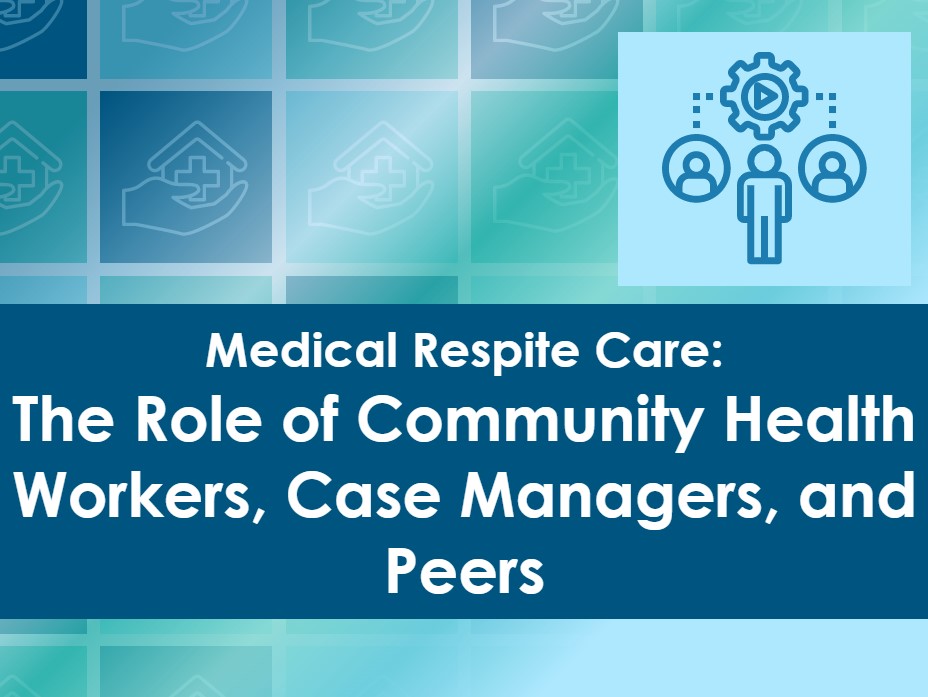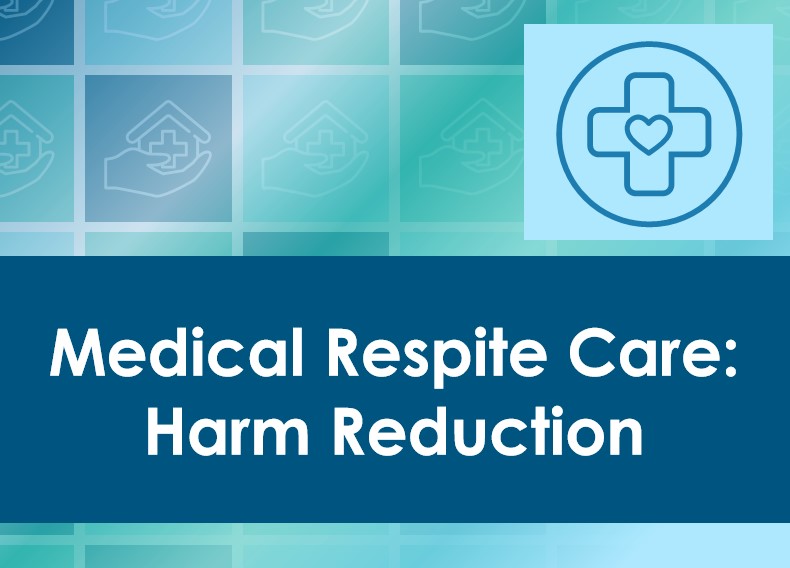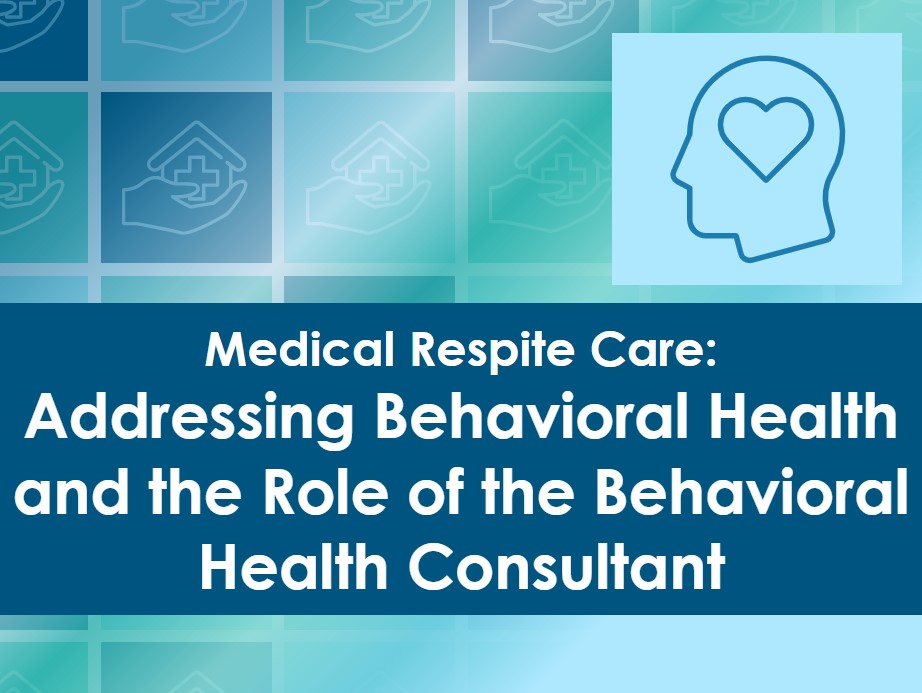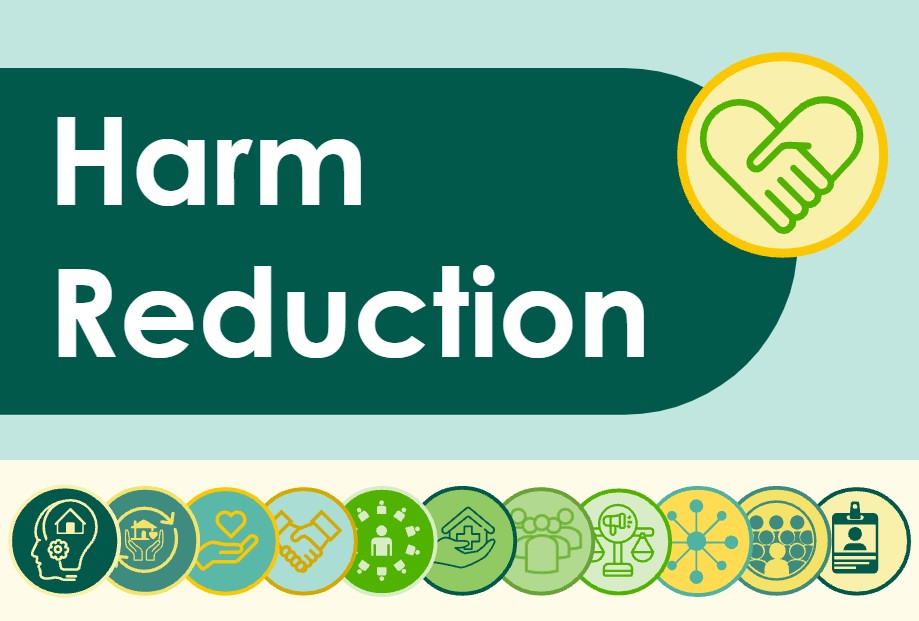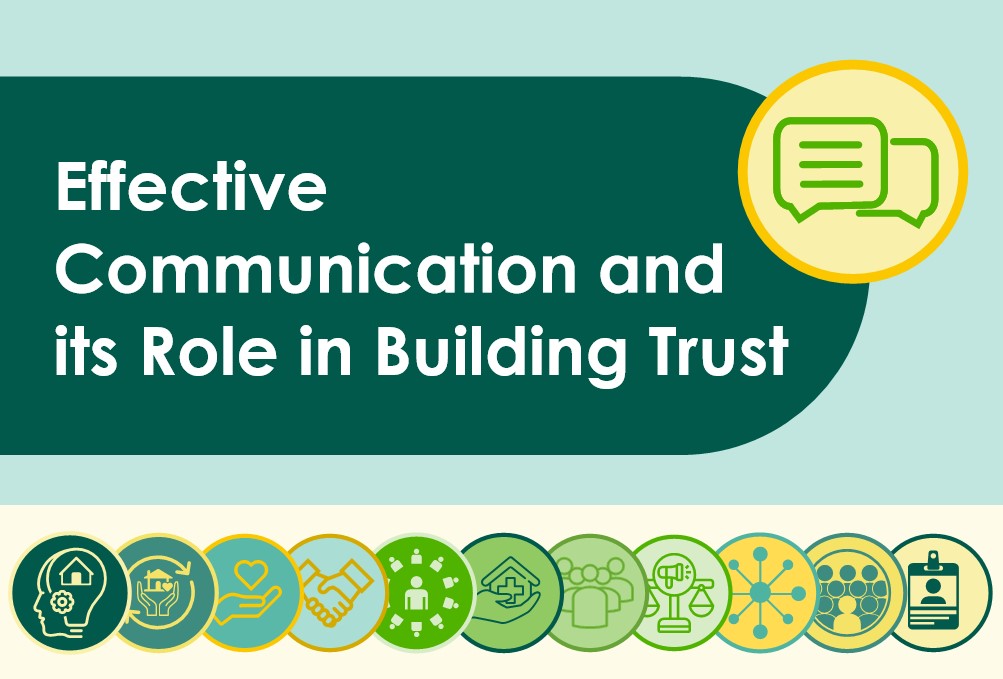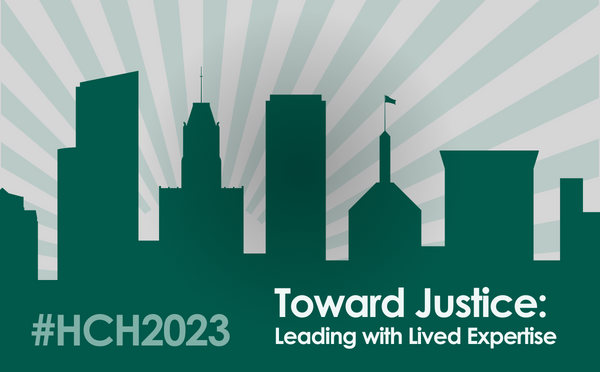MRC – The Role of Community Health Workers, Case Managers, and Peers
Case managers, community health workers (CHWs), and peers are often the primary staff responsible for care coordination and implementation of care plans in medical respite. Beyond this, they build relationships and safety for medical respite care clients. This course provides an overview of each role within the medical respite program and recommended best and promising […]
MRC – The Role of Community Health Workers, Case Managers, and Peers Read More >>


